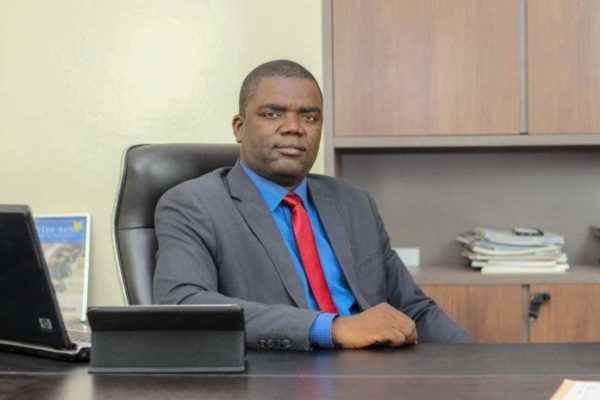Between Morocco and Gabon, traveling in Covid-19 weather is ruining yourself. The kingdom imposes a double PCR test (less than 72 hours) and serological (this one being finally abandoned) at a cost of 800 dirhams (80 euros), or half of the Moroccan minimum wage. Once in Libreville, rebelote: Gabon is having all passengers tested. While this test is free on arrival, on departure it costs 80,000 FCFA, or 122 euros.
The lack of protocol between African countries means that the price of the test, 100,000 FCFA (152 euros) in Benin, 40,000 FCFA (61 euros) in Senegal), 30 dollars in the DRC (in addition to an exit tax of $ 55) varies from country to country. With, moreover, a validity which is not guaranteed beyond the borders. How, under these conditions, to continue to speak of African integration? The African countries which have had the unexpected luck of being among the least affected by COVID-19 have barricaded themselves by increasing the measures to close the borders between them where the Europe of the Shengen space manages to impose a common approach of the pandemic illustrated by the common list of safe countries admitted to the zone.
What a difference with ECOWAS! This whole group, reputed to be more integrated than the other regional economic communities on the continent, has not been able to make the same protocol on air transport triumph. Result: every man for himself has imposed itself with countries like the Ivory Coast which introduce a sort of tax of 50,000 FCFA on outgoing passengers. Clearly, the pandemic has highlighted the disunity between African countries, all regions. The terrible every man for himself has overshadowed the union, consultation and synergy.
At the macroeconomic level, debt strategies are carried out individually where the EU has succeeded, albeit with difficulties, in mobilizing 750 billion euros according to the principle of solidarity. In the logic of the old continent, we must not leave Italy alone left to market forces. Indeed, with debt set to exceed 150% of GDP this year, growth down 13% in the second quarter and a stratospheric budget deficit, Rome could only borrow on unsustainable terms of 8% and more. However, it is at these rates that the best African students, indebted to less than 70% of their GDP, framed by sustainable macroeconomic criteria, are treated on the Eurobonds market.
Certainly if the 15 ECOWAS states had borrowed $ 300 billion internationally to build the highways and integration infrastructure, they would have done so at more competitive rates than those applied to individual states. Likewise, if the West African Economic and Monetary Union (UEMOA), a very structured whole, succeeded in initiating, through the West African Development Bank (BOAD), a collective and solidarity loan to rehabilitate the major integration infrastructures. , it would accelerate its development by creating more exchanges between States, thus giving new opportunities to industrialists and economic agents in general. Unfortunately, despite a consultation initiated at the level of the African Union, it is on the contrary that we are seeing from Cairo to Cape Town.
The Covid-19 virus has resurfaced the barricades. The Continental Free Trade Area (ZLECAF) already planned for July 2020 has been postponed until January 2021, supposed to be the starting point of a new Africa, the one called to become the China or America of the 21 st century. The African Union, for its part, has remained relegated to a posture of symbol, the place par excellence for great speeches. The AU will have been conspicuous by its absence throughout this coronavirus crisis, indicative of the breakdown of institutions. In short, it is time for the Pan-African organization to come out with slogans. After 60 years of false integration, it is more than necessary to understand that the greatest wealth of the African continent is neither oil nor diamonds: it is its common market. This vast space, the advent of which was initially planned in July and was postponed to January, would have immediate repercussions on the lives of Africans, by pushing the limits of their national borders and allowing them to exchange goods and services in a whole billion people.
While waiting for African countries to understand that without a union, they will only be ex-colonies, eternal developing countries, with GDPs indexed to oil or cocoa, the big banks have all reviewed the Africa risk at the same time. rise. The pricing of Citibank, HSBC and other BNP Paribas has taken the lift. Letters of credit are confirmed with 200 to 300 basis points above February levels. The organized scarcity of currencies (especially the dollar) obliges local banks to accept the harsh conditions of confirming banks. Here again, we are astonished at African inertia. How, 60 years after independence, have African banks not grown enough to be first-rate confirmers like Chinese and Russian banks which, fortunately, have been able to create the alternative? Africa today remains a delicious cake for international finance, with over-paid deals helping to rob Africans every day. In the end, it is the inertia that is perpetuated.



